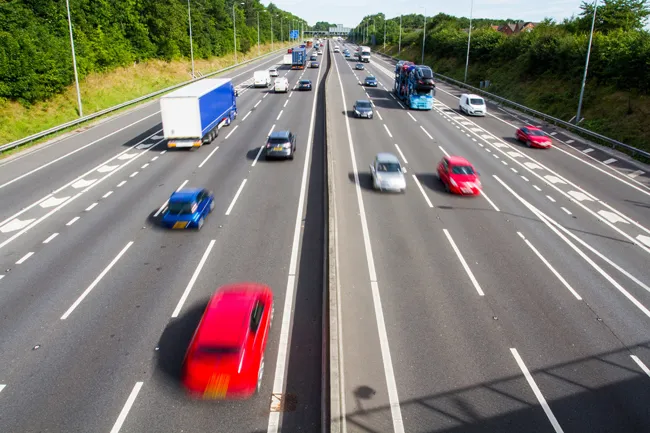Letting foreign-registered drivers off the hook when they speed or drink and drive is unsafe but it’s also unfair. These rules are a smart way of deterring drivers from dangerous driving when they go abroad but will also help member states track down offenders that put other people’s lives at risk. We urge EU member states and the new European Parliament to give the green light to the new proposal as soon as possible.”
EU cross-border traffic enforcement
Road safety campaigners and European traffic police are putting pressure on the EU to speed up the introduction of cross-border enforcement of traffic offences. The modified rules have been published by the European Commission and come in response to a European Court of Justice (ECJ) ruling earlier this year saying that the existing law, which came into force in November last year, had been adopted on an incorrect legal basis. The ECJ has said the current rules could remain in effect until May 2015 while ne
July 18, 2014
Read time: 2 mins
Road safety campaigners and European traffic police are putting pressure on the 3287 EU to speed up the introduction of cross-border enforcement of traffic offences. The modified rules have been published by the 2465 European Commission and come in response to a European Court of Justice (ECJ) ruling earlier this year saying that the existing law, which came into force in November last year, had been adopted on an incorrect legal basis. The ECJ has said the current rules could remain in effect until May 2015 while new legislation is agreed. Speeding is a primary factor in about one third of fatal collisions and an aggravating factor in all collisions where it occurs. According to the European Commission, non-resident drivers account for approximately 5% of road traffic in the EU but are responsible for 15% of detected speeding offences. Cross-border enforcement could save 350-400 lives a year according to an official impact assessment. Antonio Avenoso, Executive Director of the 1197 European Transport Safety Council said, “







